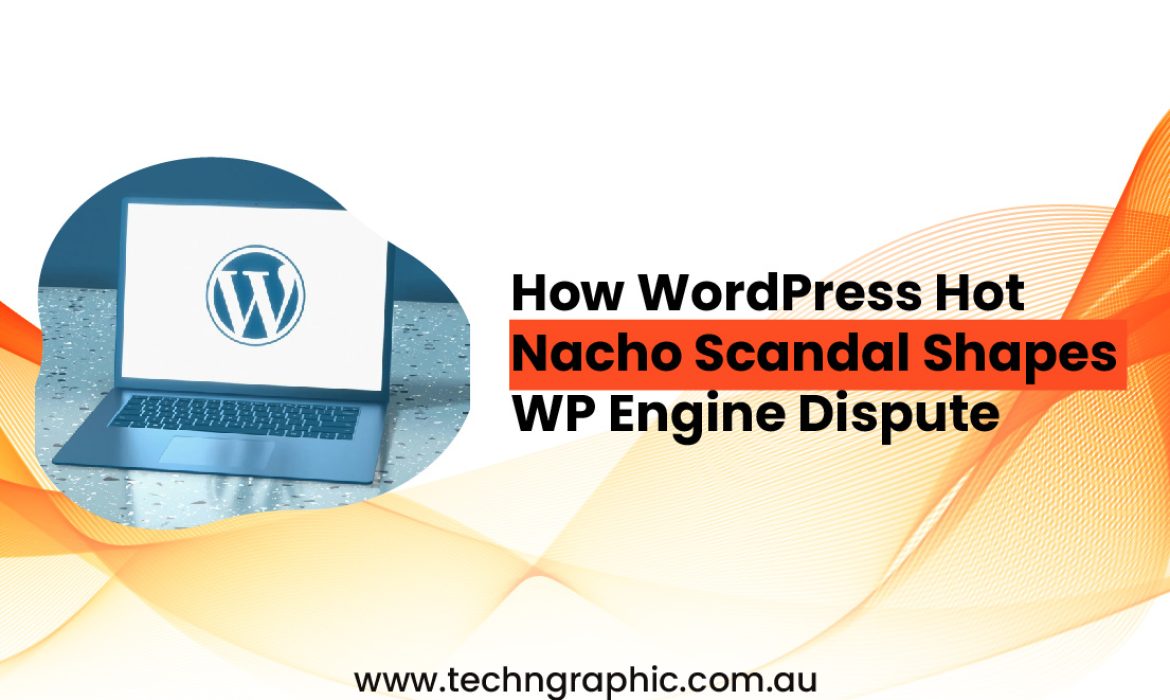The tech world never forgets a good scandal, but history shows that many controversies eventually fade into obscurity. One such case is the Hot Nacho Scandal, a major controversy that once rocked the WordPress community. Today, as Matt Mullenweg finds himself in a heated dispute with WP Engine, he recalls past controversies to argue that the current conflict will eventually be forgotten. But does history support this claim? Let’s explore how the Hot Nacho Scandal from 2005 shaped Mullenweg’s approach to criticism and conflict, offering insights into the WP Engine dispute.
What Was the Hot Nacho Scandal?
The Hot Nacho Scandal centered around an SEO software company that paid Mullenweg to host thousands of web pages on WordPress.org—a move that led to Google banning the website. At the time, Mullenweg was a young developer balancing his work at CNET with his passion for WordPress. The controversy erupted when it was revealed that the hosted pages contained hidden, paid-for keywords—something Google classified as spam.
Key events of the scandal:
- WordPress.org was banned by Google due to policy violations.
- Mullenweg faced intense backlash from influential figures in the tech industry.
- Major publications such as Ars Technica, eWeek, and The Register covered the controversy.
In response, Mullenweg admitted his mistake, emphasizing that he had not fully considered the consequences. He pledged to maintain transparency and community involvement moving forward.
Lessons from Past Controversies
In a recent interview, Mullenweg cited the Hot Nacho Scandal alongside two other past conflicts—the 2007 Easter Theme Massacre and the Chris Pearson Thesis Conflict—as proof that scandals eventually lose significance. He argues that, over time, these once-explosive events have largely faded from public memory, and the same will happen with the WP Engine dispute.
His statement:
“It used to be like half my Wikipedia page, now it’s not… I think in 5 years maybe it’ll be a sentence or not even on there at all.”
This perspective reveals Mullenweg’s resilience in the face of criticism. However, it also raises a question: Is the WP Engine conflict comparable to these past events, or is it a more significant battle with lasting implications?
How the Hot Nacho Scandal Mirrors the WP Engine Dispute
The WP Engine conflict involves WordPress trademarks, licensing disagreements, and allegations of unfair business practices. Much like the Hot Nacho controversy, it has sparked heated debates about the ethics of leadership in the open-source community. The key parallels include:
- Backlash from the Tech Community – In both cases, Mullenweg has faced criticism from influential figures in the industry.
- Brand Damage – Just as WordPress.org was banned by Google, the current dispute threatens to impact WordPress’s reputation.
- Defensive Strategy – Mullenweg’s response to criticism remains firm, emphasizing long-term vision over short-term backlash.
While the Hot Nacho Scandal ultimately faded, the WP Engine dispute is still unfolding, leaving open the question of whether it will also become a footnote in WordPress history.
Conclusion
The Hot Nacho Scandal was a defining moment in Mullenweg’s early career, shaping how he responds to criticism and controversy. His belief that the WP Engine dispute will follow a similar trajectory suggests confidence in the resilience of the WordPress brand. However, whether history will repeat itself remains uncertain.
What do you think? Will the WP Engine dispute fade over time, or does it have lasting consequences for WordPress? Share your thoughts in the comments below!



